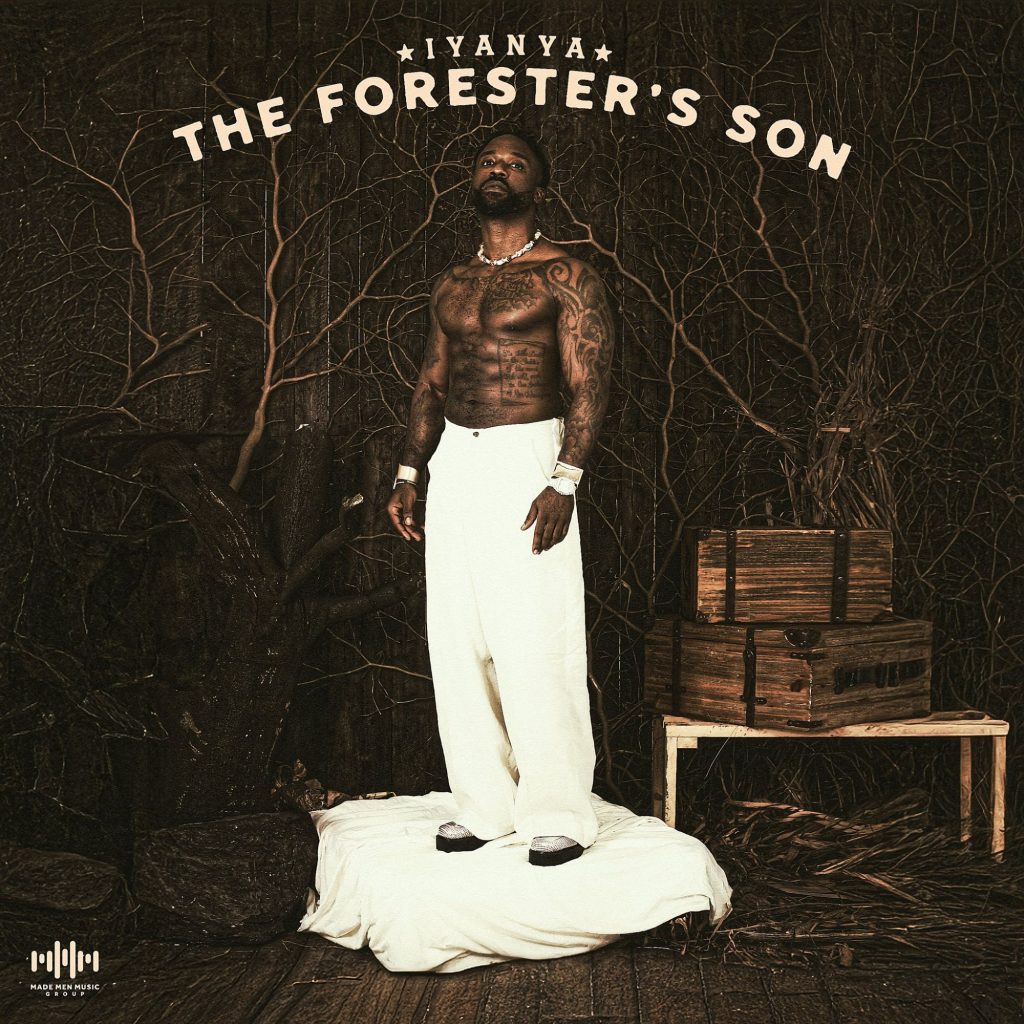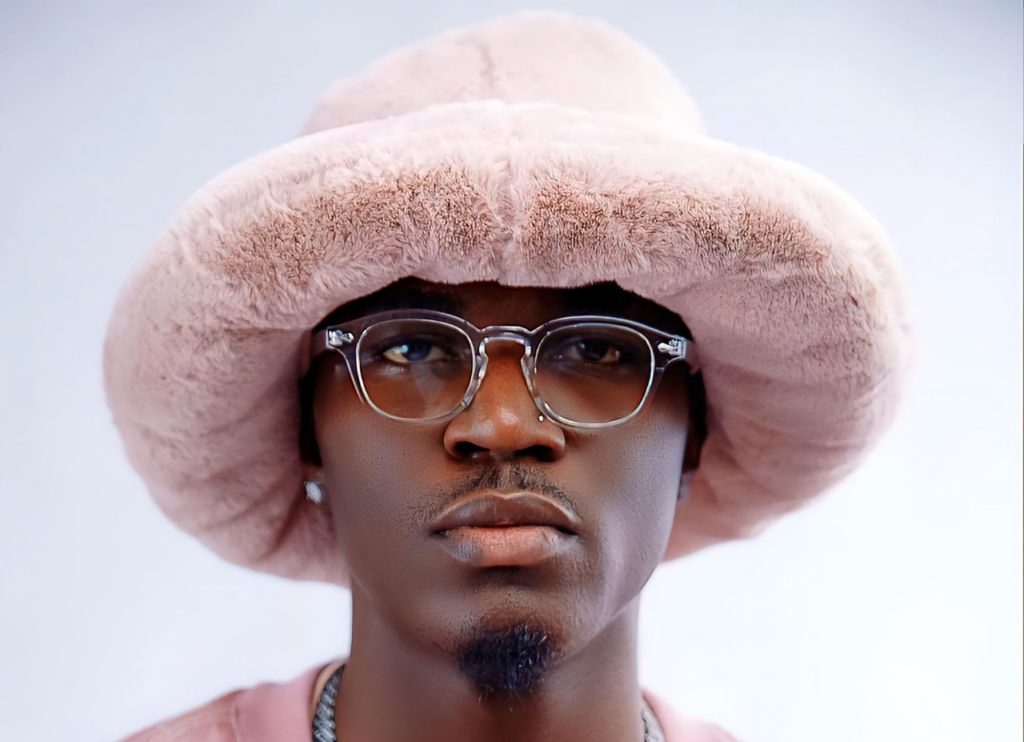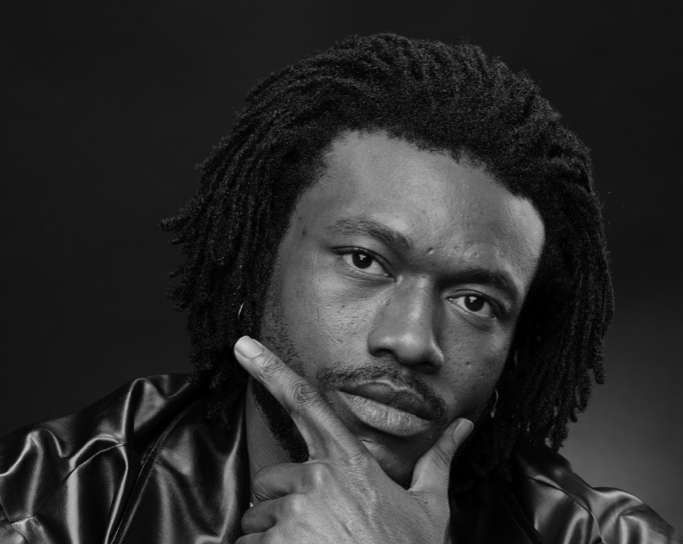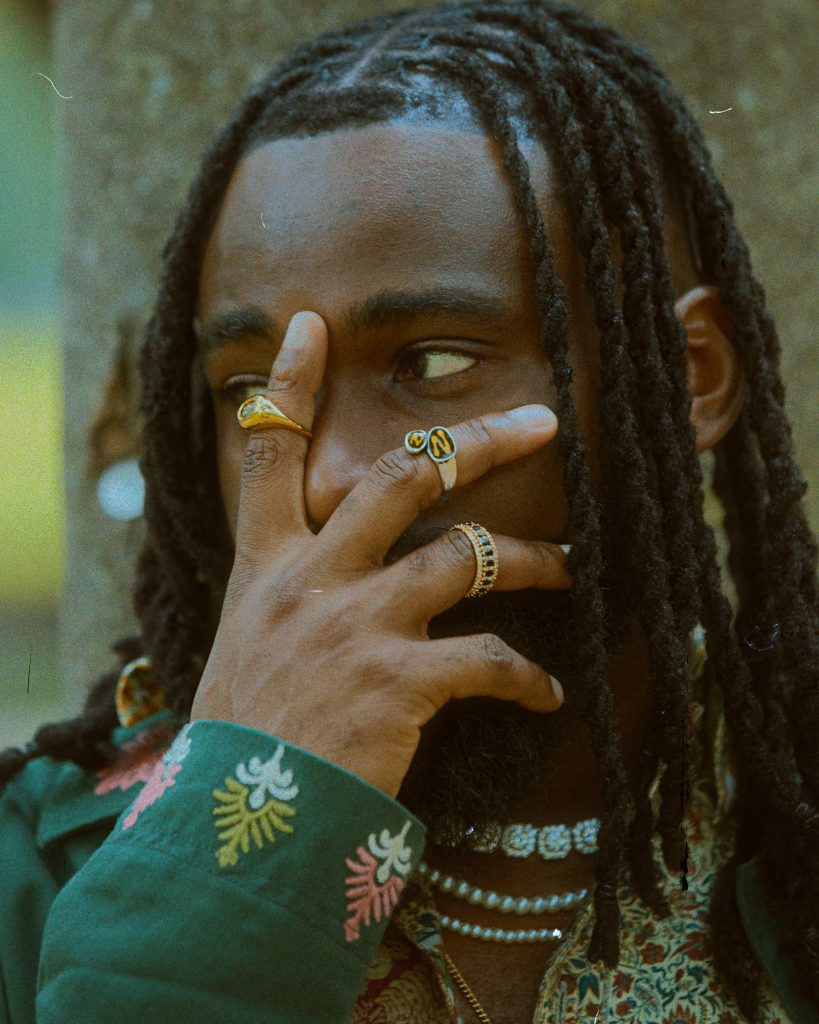The early-to-mid-2010s represented a focal transitional period for Nigerian music. While Nigerian artistes released albums regularly, the market was largely defined by singles. Extended plays were also practically non-existent. As opposed to streaming, physical CDs prevailed.
More specifically, the year 2014 witnessed a slew of albums by artistes. There were promising debuts, ambitious sophomores, transitional albums and comeback albums. Some have attained classic status from a general and/or contextual perspective, and merit reevaluation a decade after.
Here are fifteen noteworthy Nigerian albums that arrived in 2014:
1. Ayo – Wizkid
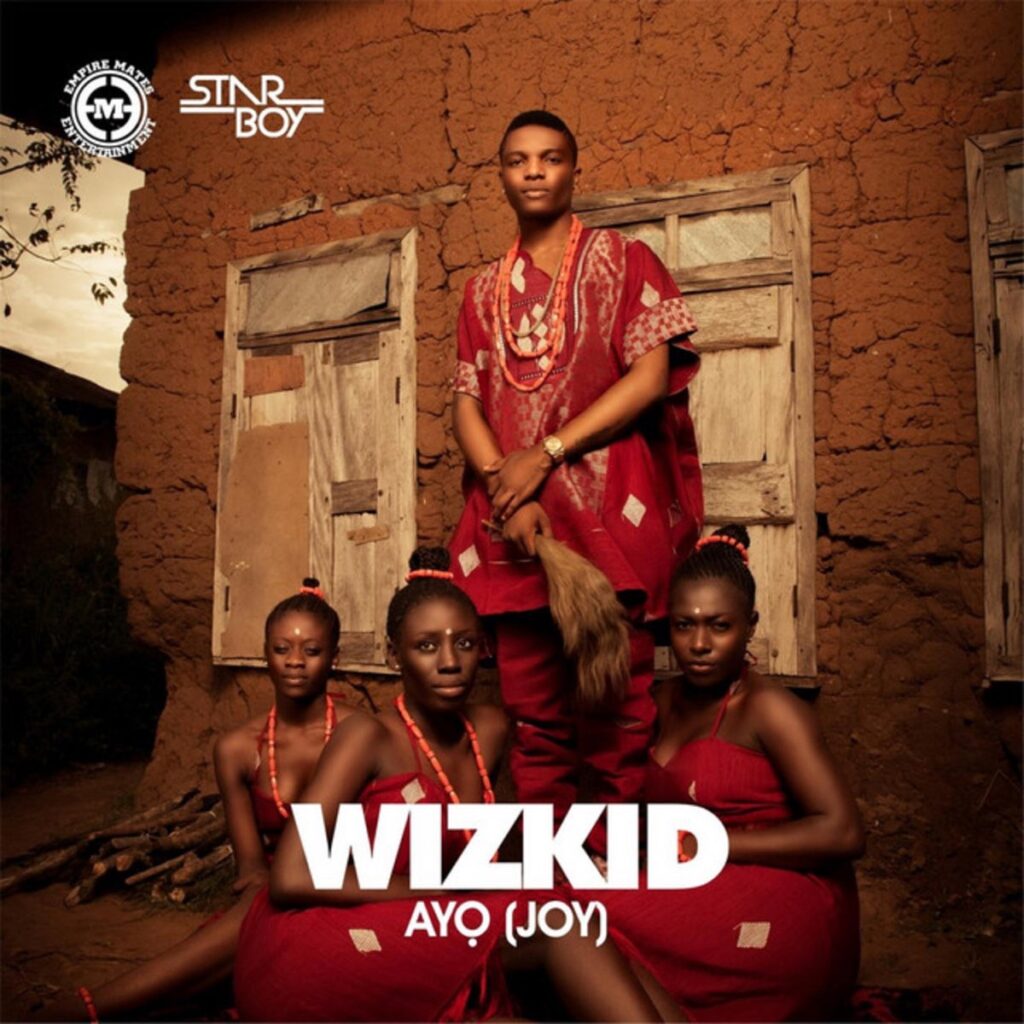
Following the release of his era-defining debut, Superstar in 2011, Wizkid faced the dreaded challenge of surmounting the sophomore slump. This was not an immediate venture, considering the three-plus-year wait and his focus on amassing a dazzling array of features. The result, buoyed by the singles, ‘Jaiye Jaiye’, ‘On Top Your Matter’ and ‘Show You The Money’, remains divisive to this day.
An argument can be made for a step-up in production quality from Superstar, thanks to the painstaking efforts of Sarz, Spellz, Shizzi, Del B and Legendury Beatz. Ayo also began the domino effect of Wizkid’s rise to global stardom by ushering his most resonant release, ‘Ojuelegba’. Additionally, this is the album that closed a chapter in Wizkid’s career, better known by the appellation, “Old Wizkid.”
2. The Chairman – M.I Abaga
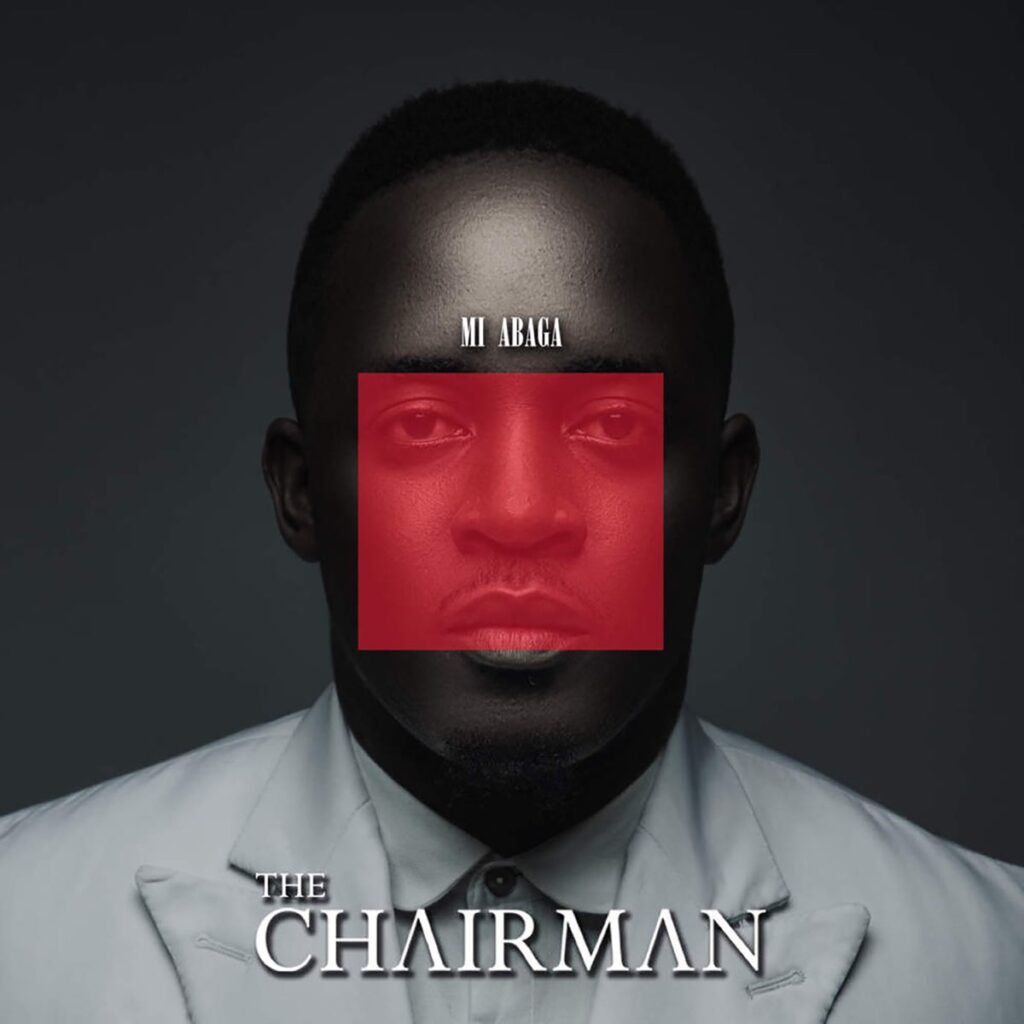
M.I Abaga’s debut and sophomore albums, Talk About It and MI2: The Movie, arrived during the golden era of Nigerian hip-hop. English rap was predominant, and these albums solidified M.I’s status as a leader of the vanguard. However, indigenous rap and street-hop brewed simultaneously until it effectively displaced English rap by the mid-2010s. This development, coupled with a four-year wait, placed M.I in a precarious position for his next release.
The Chairman arrived in October 2014 to mixed-to-positive reception. Twenty-seven featured artistes may sound overkill, but the result is a cohesive listen with enough lyricism, vulnerable moments and callbacks to M.I’s come-up. Eschewing the 2013 lead single, ‘Chairman’, the album spawned the hit singles, ‘Bad Belle’ and ‘Bullion Van’, as well as the more heartfelt deep cuts, ‘Brother’ and ‘Human Being’.
3. Street OT – Olamide
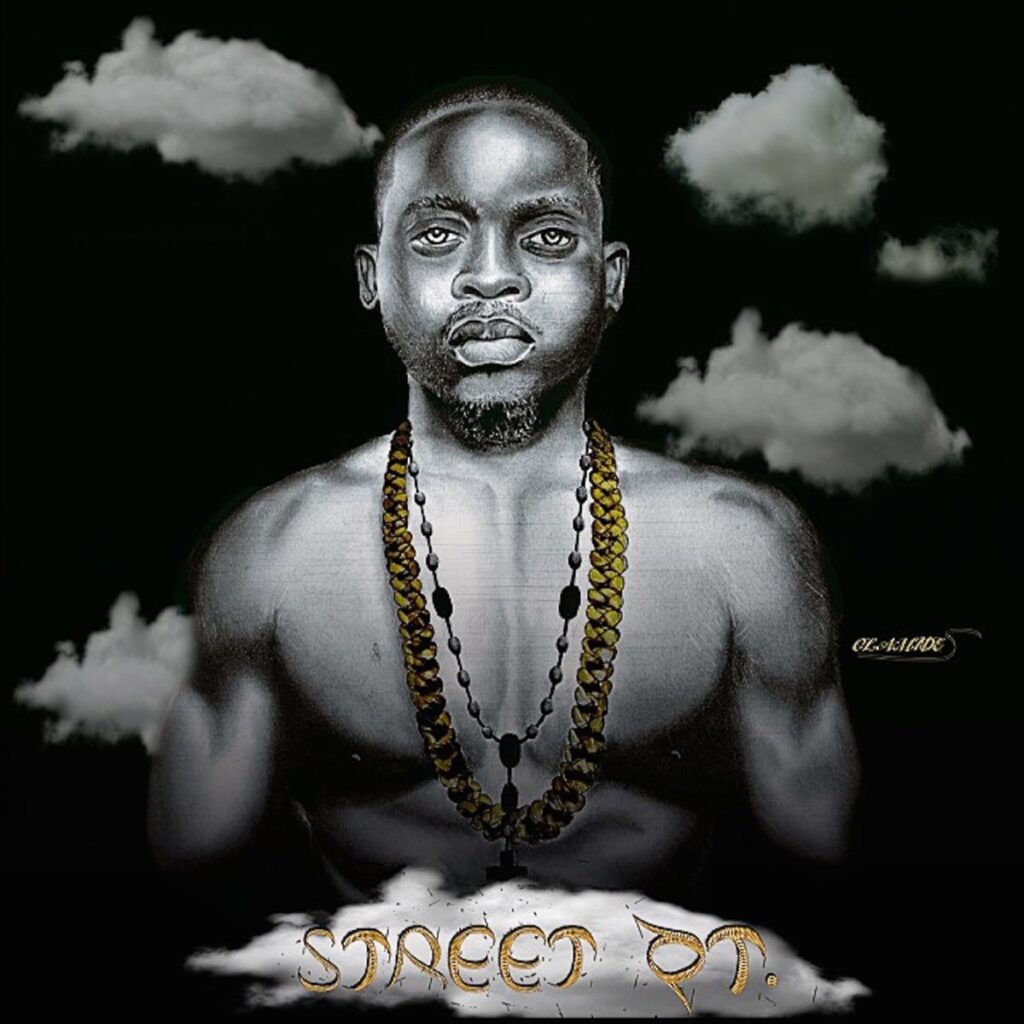
With the sophomore slump challenge well out of the way, the year 2014 confronted Olamide with the challenge of delivering a worthy follow-up to 2013’s Baddest Guy Ever Liveth. That album firmly placed Olamide at the top of his game and indigenous rap as a whole, such that Badoo could have comfortably taken a year (or two) off. However, he did not—opting instead to deliver an emphatic technical effort in Street OT.
It is not an Olamide album without ample bangers, with Street OT brandishing ‘Story For The Gods’, ‘Goons Mi’, ‘Skelemba’ and ‘Up In The Club’. Arriving at the tail end of the year, Street OT was the perfect project to herald the first of Olamide’s groundbreaking December concerts, Olamide Live In Concert (OLIC). Olamide achieved his tightest grip on the cultural zeitgeist in 2015, and this can partly be attributed to the resounding groundwork of Street OT.
4. The Journey – Sean Tizzle
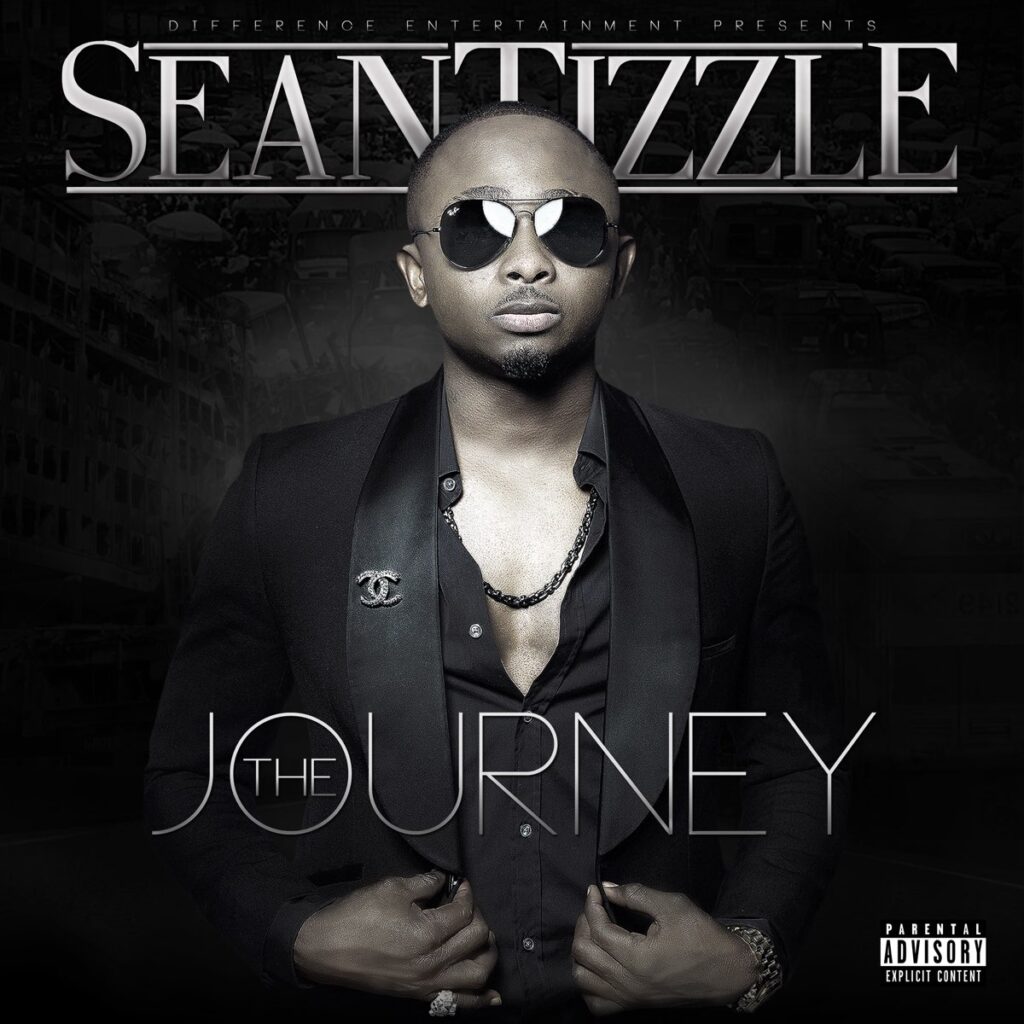
One of the more promising Nigerian acts of the early 2010s, Sean Tizzle burst onto the scene with the 2013 bop, ‘Sho Le’. He continued to build momentum with singles such as ‘Mama Eh’, ‘Kilogbe’ and ‘Komole’. Months before he would cap off his run with a worthy debut, he clinched the keenly-contested Headies Next Rated Award—fending off the likes of Burna Boy and Phyno. Perhaps controversial, but it was Sean Tizzle’s world. And everyone happened to live in it.
With seventeen tracks, sixteen of which were produced or co-produced by D’Tunes, The Journey is quite the journey. In addition to the earlier mentioned singles, it spawned the resonant cuts, ‘Loke Loke’ and ‘Perfect Gentleman’. While The Journey did not have the most glowing reception, it remains a haunting exhibit of what could have been for an Afrobeats sensation.
5. No Guts No Glory – Phyno
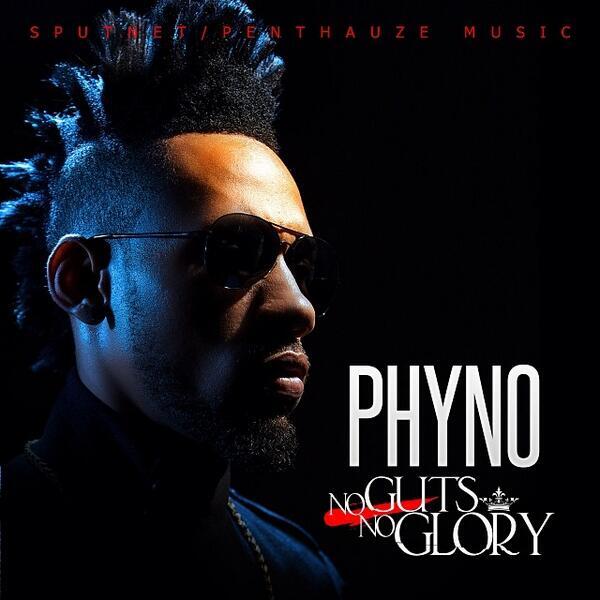
While Olamide held down indigenous rap in the west, Phyno diligently forged his path on the east end after starting off as a producer. Hit singles such as ‘Ghost Mode’, ‘Man of the Year (Obago)’ and ‘Alobam’ culminated in a debut album that stands as one of the most impactful Nigerian hip-hop albums of all time. An album that, among other things, influenced the influx of shirts branded with “Alobam”/”NGNG”.
Energetic but self-assured delivery defines Phyno’s first offering. It is a project that pays homage to Phyno’s Eastern heritage through Igbo lingo and strategic features. No Guts No Glory also features contributions from established hip-hop heavyweights like Olamide, M.I Abaga and Ice Prince. Phyno is not the first concierge of Igbo rap, but he took it to a different level and defined an era with an emphatic project.
6. Jagz Nation Vol. 2: The Royal Niger Company – Jesse Jagz

Five years before Burna Boy beckoned to historical sensibilities on 2019’s African Giant (specifically on ‘Another Story’), rapper Jesse Jagz towed a similar thematic line on the sequel to his 2013 sophomore album. Jagz Nation Vol. 2: The Royal Niger Company sees Jesse Jagz at his experimental best, unbound by any inclination towards commercial appeal. For an album with few tracks, it is a fairly long listen at sixty-five minutes.
Regarding standout tracks, ‘High-Life’ features a satisfying, inventive blend of highlife and hip-hop. On ‘How We Do’, Jesse Jagz interpolates a spoken word rendition by 2Pac to add final depth to the album. The Royal Niger Company may not sit at the pinnacle of widely impactful Nigerian hip-hop albums, but it is a timeless listen for niche ears.
7. King of Queens – Yemi Alade
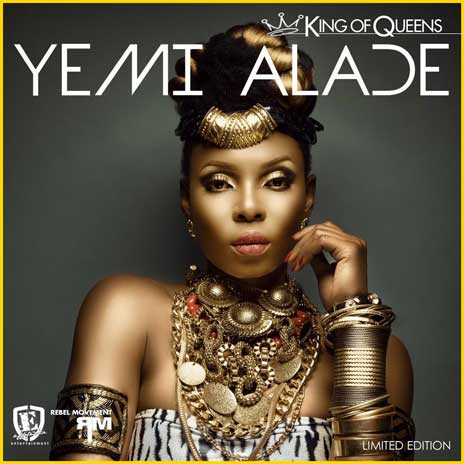
Years after winning the Peak Talent Show, Yemi Alade continued to find her feet in an industry with a handful of top female artistes. The efforts of this period yielded the first of multiple statement-making albums, King of Queens, in October 2014.
Yemi Alade’s 2013 mega-hit, ‘Johnny’ was the best lead single she could have asked for as an upcoming artist, with its music video amassing 161 million YouTube views since its release. It gave her renown, gradually paving the way for a globetrotting career with heavy pan-African influences. King of Queens also features the sleeper hit, ‘Kissing’. While the album does not come up often in conversations, it did enough to set Yemi Alade on the path to continental stardom.
8. Bed of Stone – Asa
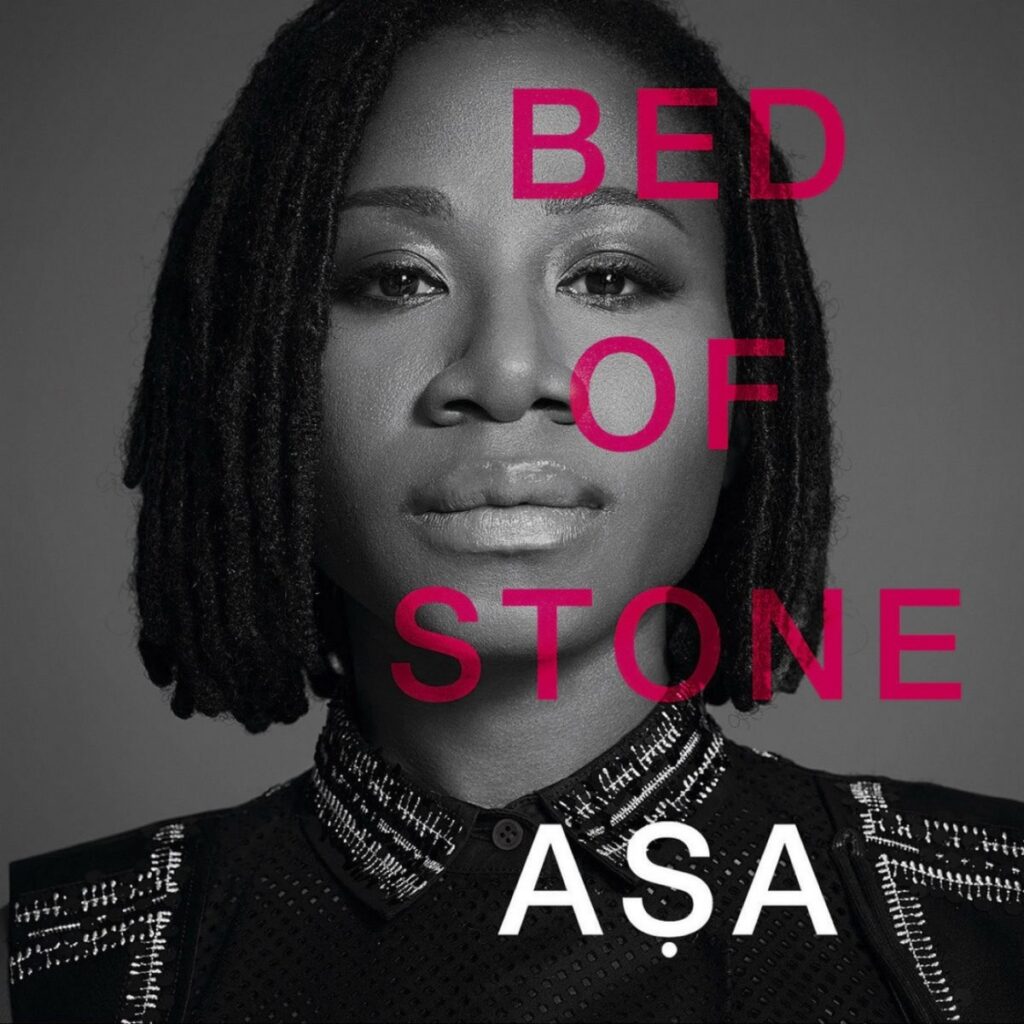
In typical Asa fashion, Bed of Stone arrived after an extended absence from the mainstream scene. Four years had passed since her sophomore album, Beautiful Imperfection, which did not drastically depart from the light feel of 2007’s Asa. Three tracks into Bed of Stone, one sits in wonder as their ears take in a never-seen-before, hard-hitting version of the artist.
The opening track, ‘Dead Again’ and the third track, ‘Satan Be Gone’ lunge at the listener with a haunting urgency, which gives the lighter second track, ‘Eyo’ more heft. The fourth track, which gives the album its name, is storytelling and delivery at its finest, sitting comfortably among the album’s best offerings. The album unfolds with more pensive tracks like ‘How Did Love Find Me’, with the overall product making a strong case as Asa’s magnum opus.
9. Double Trouble – P-Square
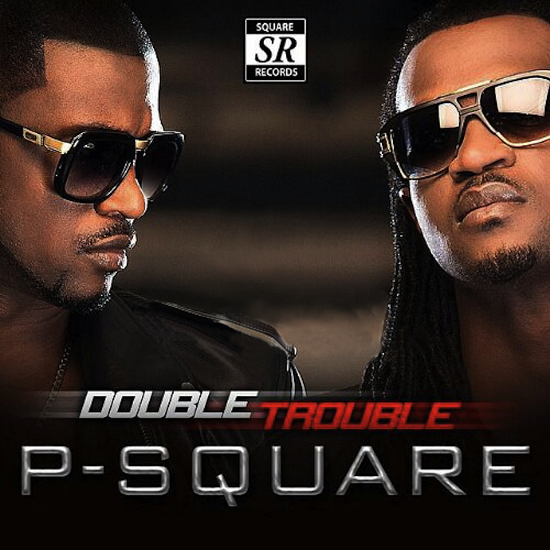
Double Trouble is a routine, by-the-numbers album on which P-Square had nothing to prove. While a new generation of pop stars had emerged, there was still enough wiggle room for Africa’s premier music duo to make some impact. The album arrived on the backdrop of the smash hits, ‘Alingo’ and ‘Personally’.
Some of the album’s tracks, notably, ‘Ejeajo’, ‘Shekini’ and ‘Bring It On’ have a nostalgic, early 2000s feel to them. Among the remaining tracks, the mid-tempo ‘Collabo’ stands out as perhaps the album’s finest entry. Given P-Square’s protracted bitter split, the album represents the last proper glimpse into the dynamic duo in their final years of true dominance.
10. Rich & Famous – Praiz

Rich & Famous is an interesting entry on this list, given its status as a double album of twenty-six tracks in total. It derives its name from Praiz’s 2012 single, which remains his most iconic and finds a home in Rich. Both albums bear RnB and Afro-Pop influences, with the Famous album notably including more features than Rich.
Love cuts across both albums as the predominant theme. The collaboration-heavy album, Famous, is arguably more experimental, with artistes such as Wizkid, Patoranking, Seyi Shay and Bez gracing the project. On the Afro-Pop cut ‘Mercy’, Praiz takes arguably his biggest swing at commercial appeal. While the albums may not have secured Praiz’s place as a mainstream force, they solidified his foundation as a niche artiste with a commendable consistency across three decades.
11. The Ascension – 2Baba
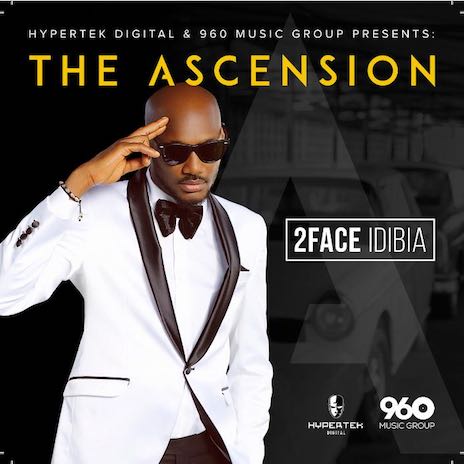
The Ascension is the second of two transitional 2Baba albums, the first being 2012’s Away and Beyond. Its status in this regard stems from the more unconventional approach, as well as its place as the last album 2Baba released under his old name, 2Face Idibia. A follow-up album would also not arrive for six years.
Women and love are the primary focus of The Ascension. On the first couple of tracks, ‘Go’ and ‘Aproko’, 2Baba traverses uncharted sonic waters in the form of heavy-hitting instrumentals. In ‘Holiday’, 2Baba dabbles into hip-hop on a hedonistic backdrop. By the arrival of ‘Let Somebody Love You’, 2Baba clears all doubts as to the international appeal of the project, which may just have benefited from a streaming-era release.
12. Epiphany – Timaya
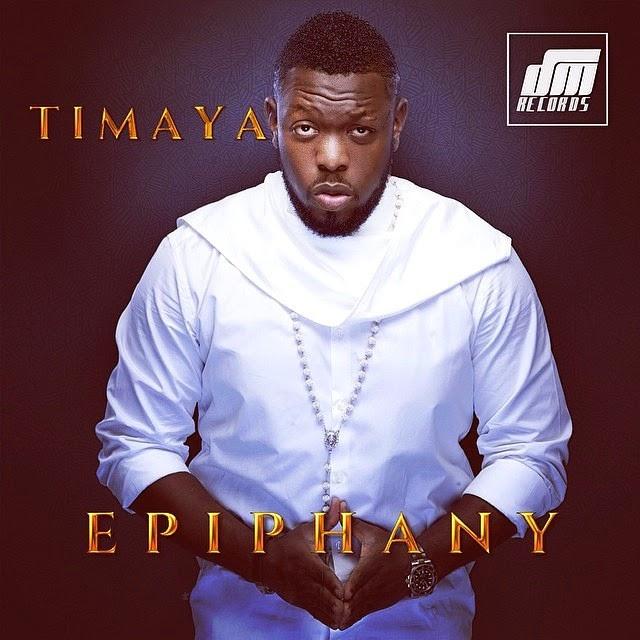
Timaya has always occupied a unique position in the Nigerian music industry. This is well demonstrated across seven solo albums, spread out between the late 2000s and the early 2020s. Like P-Square’s Double Trouble, Timaya’s aptly titled 2014 album, Epiphany offers a final glimpse into the Timaya of old before a five-year album hiatus.
Epiphany notably features the mid-tempo ‘Bow Down’ and the upbeat ‘Sanko’, as well as the outright party starters, ‘Ukwu’ and ‘Ekoloma Demba’ as bonus tracks. Conscious of the then-changing terrain, Timaya recruited Patoranking, Phyno and Olamide for guest appearances. Overall, the project’s religious callbacks serve a more aesthetic than thematic purpose.
13. Thankful – Flavour
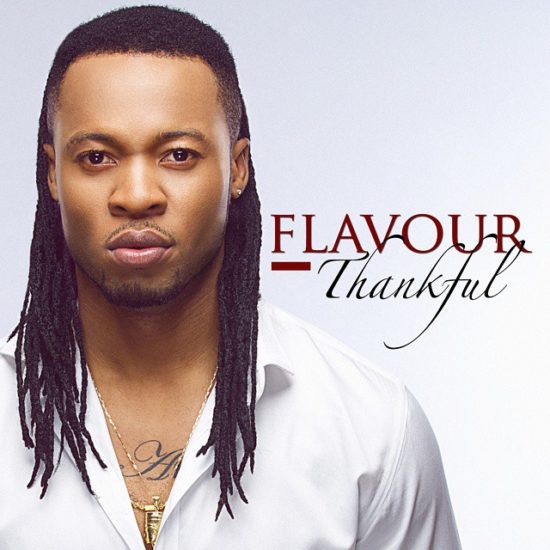
Flavour’s 2014 album, Thankful concludes an interesting album-naming trend which began with 2010’s Uplifted and 2012’s Blessed. Given the latter’s arguable status as Flavour’s most successful, Flavour took a measured, signature approach for his fourth studio album.
Tracks such as ‘Wake Up’, ‘Ololufe’, ‘Golibe’ and ‘Wiser’ define the project. While there are party starters like ‘Wake Up’, Flavour leans heavily into his loverboy persona but also accommodates introspective tracks. Like the two projects before it, Thankful is a fairly lengthy listen at twenty-one tracks. Additionally, like Blessed, Thankful can rightfully be regarded as a celebration of life, love and culture.
14. Wazup Guy: The Album – Falz
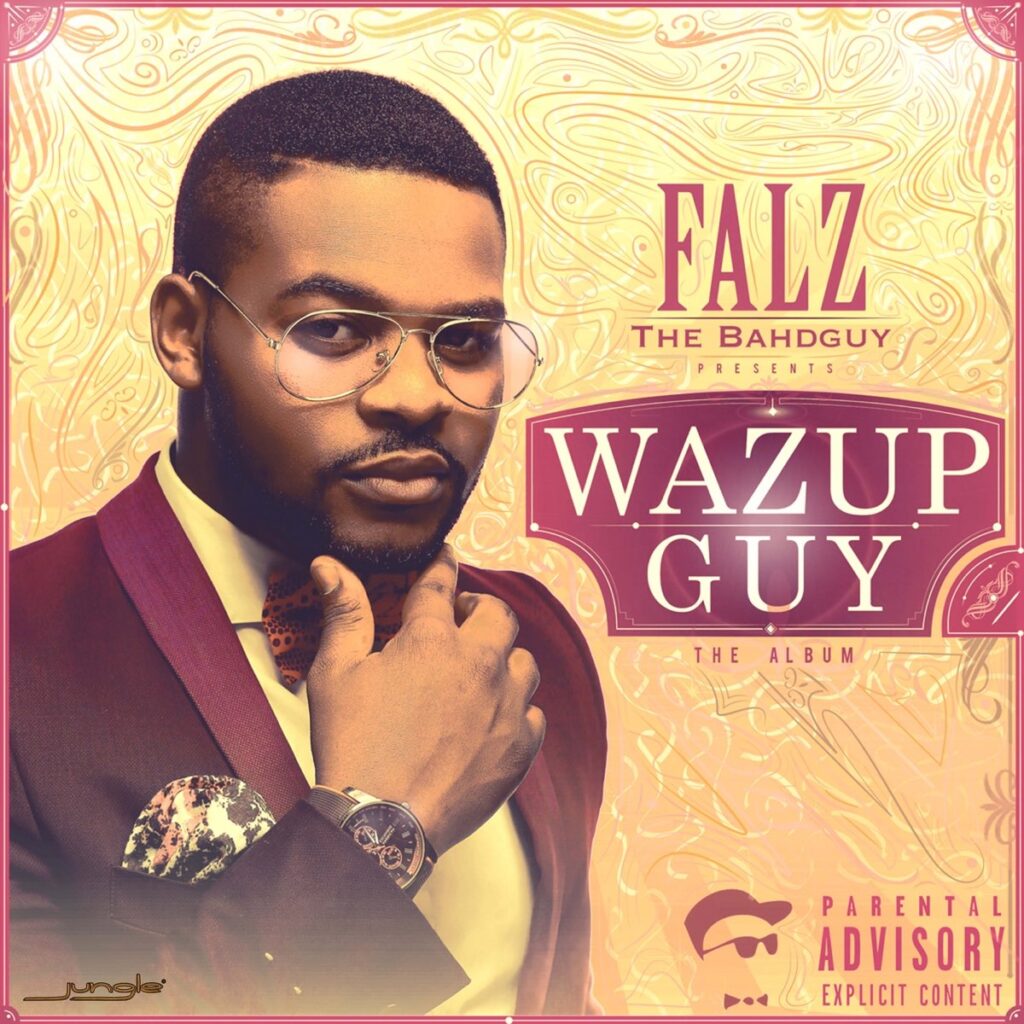
Falz has come a long way from his laidback and comedic rap ways, which Wazup Guy: The Album gave the first glimpse of. The fancy shades were in place and Falz had already dabbled into acting. However, he was far from the socially conscious artist that his 2018 single, ‘This Is Nigeria’ and his 2019 album, Moral Instruction, heralded. Few could have predicted the influential trajectory Falz’s career as an all-round entertainer would take over the decade.
Wazup Guy notably features the tracks, ‘High Class’ and ‘Marry Me’. There’s a sense of Falz playing to the strengths of his then-underground status. This yields some tracks that many would appreciate more upon a fresh listen, like ‘123’.
15. Anytime Soon – Ajebutter22
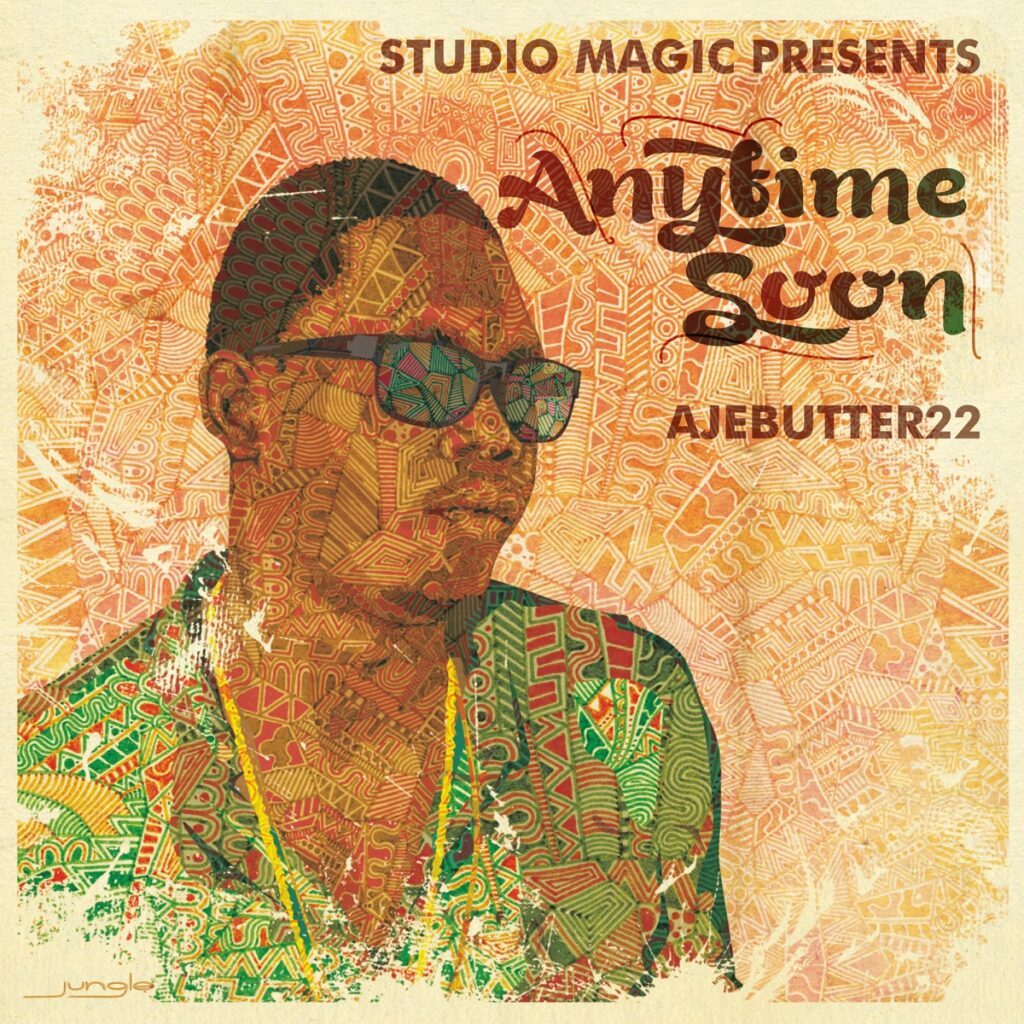
Ajebutter22’s Anytime Soon is as pensive and self-assured as many debuts get. Its arrival, on the backdrop of sleeper hits like ‘Omo Pastor’ and ‘Celebrate In Advance’, was timely. Underground and indie artistes were making plays, while the alté scene was gradually coming into its own. In his early 20s at the time, Ajebutter22 arrived with a sound that resonated with a young, urban demographic.
While a rapper, Ajebutter22 channelled his earnest, baritone-esque voice on more conventional Afrobeats tracks. Anytime Soon brims with youthful exuberance. This elicits more appreciation, given the natural progression of Ajebutter22’s artistry into more mature territory.


